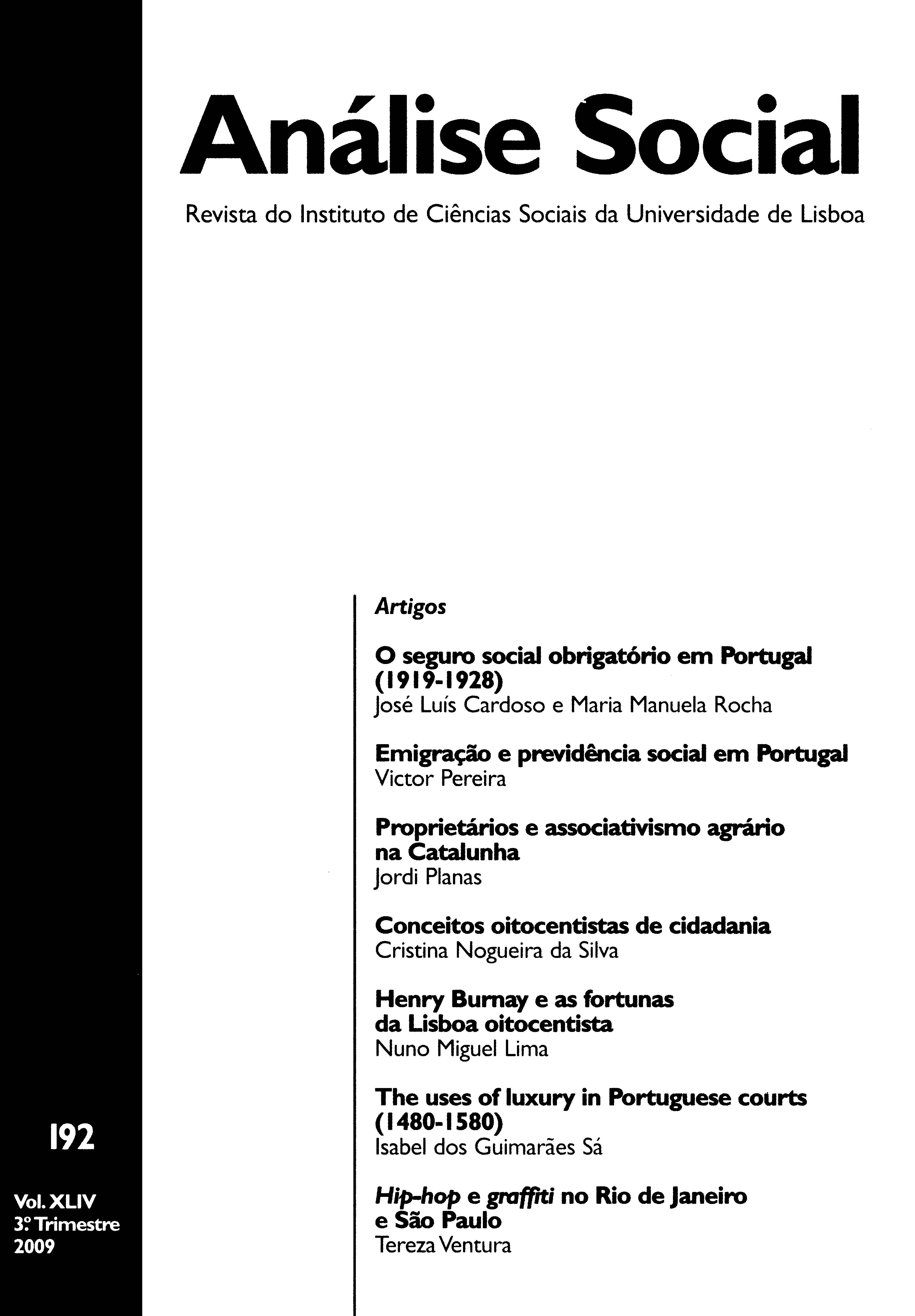Nineteenth century concepts of citizenship: liberalism and equality
DOI:
https://doi.org/10.31447/AS00032573.2009192.04Keywords:
citizenship, equality, enlightenment, progress, liberalism, slaveryAbstract
In classical liberal thought, equalizing principles meant more than just “equality before the law”; they also included the idea of a socio-economic, educational, and even “civilizational” equalization. Nevertheless, the nineteenth century liberal legal order has not only preserved some of the old legal discriminations of the Ancient Regime societies, namely those related to the institution of slavery; it also invented new forms of political exclusion. The aim of this article is to explain how the idea of progress has been important in solving the tensions generated by the binary couple equality/inequality, by allowing the pre-vision of a more egalitarian society in the future. It is also my intention to explain how that promise gave way to the emergence of legal categories related to political and civil personal status, which conformed to the notion that some persons were in transition to full citizenship.



